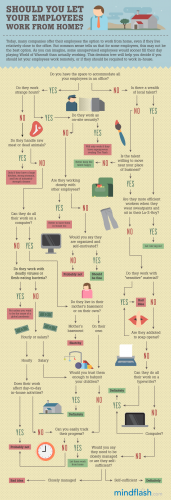I came across this rather lengthy, but definitely worth a read, article about different professions and misconceptions people have about them. Some of the stories are surprising, some – less so. Given that there is not one from a computer programmer, I decided to share here my view of it.
It’s too tough to choose a single misconception, so I’m going to limit myself to the top three. These three are the ones I have to deal with most often. They vary from person to person, of course. But I’ve heard the same from a few of my colleagues. So here it comes.
Continue reading What people don’t get about my job : Programmer
